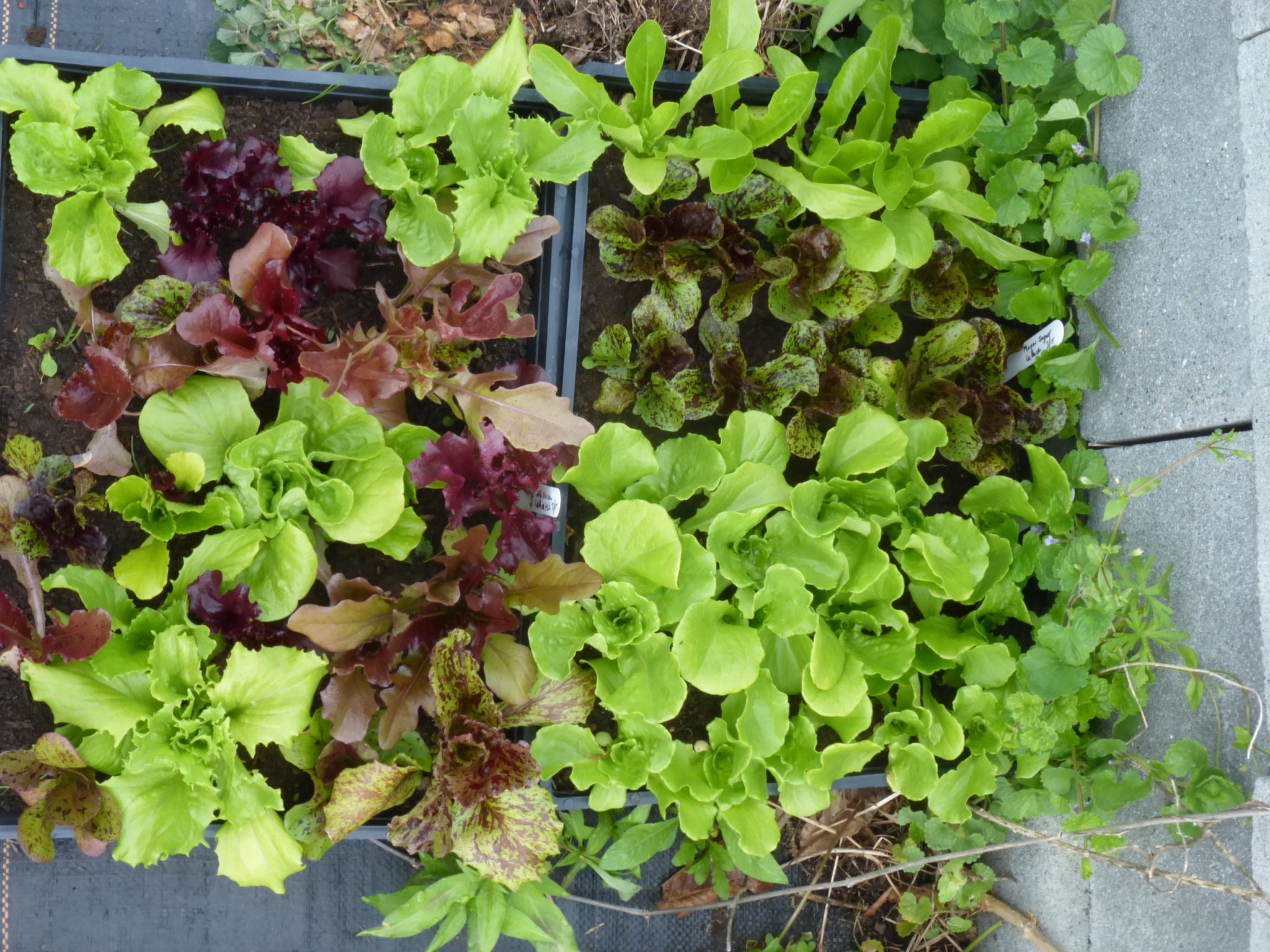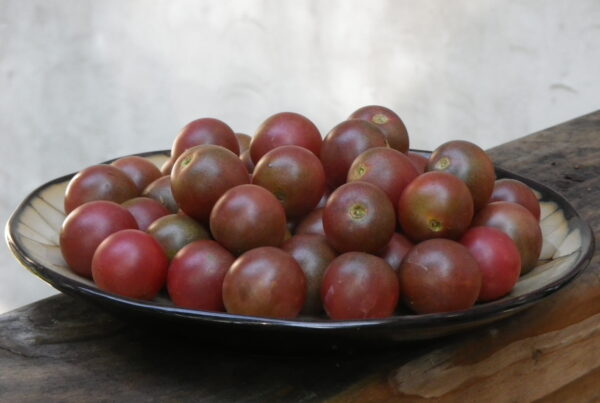Take Action
Promote Farmer Climate Story Week during July 25-29
National Sustainable Agriculture Coalition (NSAC) is asking members spotlight farmer stories about climate change on social media July 25-29. The Farmer Climate Story Toolkit has sample posts with farmer stories to share on social media, guidance and templates to create your own posts, and a sample press release to share about the week of action and the stories of farmers in your network with your local media.
Opportunity for Farm Bill Input
Use this form to provide input to the House Agriculture Committee on your Farm Bill priorities.
Appropriations for Food and Agriculture Programs
On June 23, the Appropriations Committee of the US House of Representatives passed the annual appropriations bill with $27.2 billion for a wide range of discretionary farm and food programs, including conservation initiatives, beginning farmer and rancher training, and agricultural research. The bill still needs pass to the full House and the Senate needs to pass a companion bill.
Urban Producers, Public Invited to Attend Federal Advisory Committee for Urban Agriculture and Innovative Production August 5, 2022 1-3 pm EST
To attend, register by Aug. 4, 2022. Written comments or questions must be submitted by 11:59 p.m. Eastern July 29 through the Federal eRulemaking Portal.
Take the Annual Virginia Market Manager Survey
This survey is designed to gather data on farmers markets in Virginia during the 2021 season. Your responses will help the Virginia Cooperative Extension (VCE) Family Nutrition Program, the Virginia Farmers Market Association (VAFMA), and the Virginia Fresh Match (VFM) network better serve markets across the Commonwealth. This survey should take approximately 10-20 minutes to complete.
Farm Service Agency (FSA) County Committee Elections – for farmers
Consider running for a seat on your local FSA County Committee! FSA County Committees are a direct link between USDA farm programs and local agricultural producers. The County Committee system helps shape nation-wide procedures into programs that work at the local level by making decisions that directly impact farmers. Filling these committees with farmers dedicated to equity and sustainability makes an enormous difference!
Deadline: Nomination forms are filed at the county FSA office and must be received or postmarked by August 1st, 2022. Farmers may nominate themselves or another producer. Organizations representing underserved, specifically minority and women, communities may also nominate candidates.
Funding and Marketing Opportunities
Cost offset for food safety certification for specialty crops through January 31, 2023.
The new Food Safety Certification for Specialty Crops (FSCSC) program will help to offset costs for specialty crop producers to comply with regulatory requirements and market-driven food safety certification requirements. Farm Service Agency will accept FSCSC applications for program year 2022 from June 27, 2022, through January 31, 2023.
USDA to Provide Approximately $6 Billion to Commodity and Specialty Crop Producers Impacted by 2020 and 2021 Natural Disasters – First Wave of Payments Based on Crop Insurance Data
Commodity and specialty crop producers impacted by natural disaster events in 2020 and 2021 will soon begin receiving emergency relief payments totaling approximately $6 billion through the Farm Service Agency’s (FSA) new Emergency Relief Program (ERP) to offset crop yield and value losses.
Achieving Conservation through Targeting Information, Outreach and Networking (ACTION) Program Request for Applications – Foundation for Food & Agriculture Research (foundationfar.org)
The Foundation for Food & Agriculture Research (FFAR) and the Walton Family Foundation are awarding up to approximately $1 million for projects that increase farmer and landowner adoption of conservation practices and provide a range of ecosystem benefits, including water quality improvements. An approved pre-application with an invitation to submit a full application is required for submission. Pre-Applications due: August 31, 2022 at 5:00pm ET, full application invitation and application to follow.
Southern SARE Education Grant deadline August 5, 2022.
Sustainable Agriculture Research & Education (SARE), a grants and outreach program of the USDA National Institute of Food and Agriculture, offers competitive grants to fund research and education projects that advance sustainable agricultural practices in the United States. Southern SARE Is offering Education Grants to conduct education and outreach activities for the benefit of the greater sustainable ag community, and promote efforts in farmer innovations, community resilience, business success, ag diversification, and best management practices. Deadline: Aug 5, 2022 12:00 PM (EST/EDT)
CLEAR30 Initiative – for farmers and landowners with CCRP contracts
The Continuous Conservation Reserve Program (CCRP) is now opening enrollment for its CLEAR30 subprogram. The CLEAR initiative consolidates water quality practices that fall under the umbrella of CCRP. The CLEAR30 program allows farmers and landowners using some of these water quality practices whose CCRP contracts are expiring to re-enroll their buffers for another 30 years. If you are a farmer with a CCRP or CREP contract that expires on September 30th, 2022, then you may be eligible for CLEAR30. Deadline: Farmers and Landowners may apply for CLEAR30 from now until August 5th, 2022. New contracts will go into effect on October 1st, 2022.
USDA Accepting Applications to Help Cover Costs of Organic, Transitioning Producers in Virginia
Agricultural producers and handlers who are certified organic, along with producers and handlers who are transitioning to organic production, can now apply for USDA Organic and Transitional Education Certification Program (OTECP) and Organic Certification Cost Share Program (OCCSP), which help producers and handlers cover the cost of organic certification, along with other related expenses. Applications for OTECP and OCCSP are both due October 31, 2022.
USDA Emergency Relief for Commodity and Specialty Crop Producers Impacted by 2020 and 2021 Natural Disasters
Commodity and specialty crop producers impacted by natural disaster events in 2020 and 2021 will soon begin receiving emergency relief payments totaling approximately $6 billion through the Farm Service Agency’s (FSA) new Emergency Relief Program (ERP) to offset crop yield and value losses. First Wave of Payments Based on Crop Insurance Data. Have questions about eligibility or need help in applying? Contact your local FSA service center.
Policy Updates
Economic Analysis of Payment Caps on Crop Insurance Subsidies
An NSAC policy brief offers proposals for crop insurance subsidy caps. Title XI (Crop insurance) is the only farm subsidy program without payment caps. Limitless subsidies perpetuate industrial, monoculture farming and enable industrial farms to get bigger. Farm subsidies are known to raise land prices and rent as landowners try to get a cut of that money. Payment limits can reduce land prices and level the playing field. Imposing payment limits on federal crop insurance subsidies would save billions of dollars over 10 years, thereby freeing funds for other high-priority programs such as conservation or organic farming systems research, and would limit the amount of taxpayer dollars the largest commodity farms can receive year after year, resulting in a more equitable distribution of farm subsidies. https://sustainableagriculture.net/wp-content/uploads/2022/07/Payment-Limit-Report-FINAL.pdf
NSAC Climate and Agriculture Legislation Roundup: a listing and brief descriptions of all the bills introduced in Congress over the past year or so that relate to climate mitigation and resilience through improved agricultural practices.
NRCS programs and over crop adoption: NSAC’s analysis of the soil health and carbon sequestration benefits of farmer enrollment in working lands programs.
Agricultural Conservation Easement Program (ACEP): a description of the program and wins and setbacks in the 2018 Farm Bill.
FDA Proposes Compliance Date Extension for Pre-Harvest Agricultural Water Requirements | FDA
The U.S. Food and Drug Administration (FDA) issued a notice of proposed rulemaking to extend the compliance dates for the pre-harvest agricultural water provisions as outlined in the recent 2021 agricultural water proposed rule. The 2021 agricultural water proposed rule, if finalized, will require farms to conduct annual systems-based agricultural water assessments to determine and guide appropriate measures to minimize potential risks associated with pre-harvest agricultural water. The FDA is now proposing extended compliance dates for those proposed pre-harvest requirements and is also providing clarifying information about the enforcement discretion policy for the harvest and post-harvest agricultural water requirements. FDA is reopening the comment period with respect to the proposed compliance dates for the pre-harvest agricultural water provisions until September 19, 2022. Comments should be submitted to docket FDA-2021-N-0471 on Regulations.gov. More information is at the link below
USDA Long-term Agroecosystem Research (LTAR) Network.
Briefing on USDA LTAR research on agricultural sustainability. For more information about the LTAR Network, please email Dr. Teferi Tsegaye at teferi.tsegaye@ars.usda.gov.
Recording here.
USDA renews charter for National Organic Standards Board
The National Organic Standards Board (NOSB) plays a critical role in advising USDA on the implementation of the Organic Foods Production Act. To facilitate this work, the USDA reviews and renews the NOSB Charter every two years. The 2022 NOSB Charter update process is now complete, and the new version is posted on the AMS website. This revised Charter will expire on July 7, 2024.






